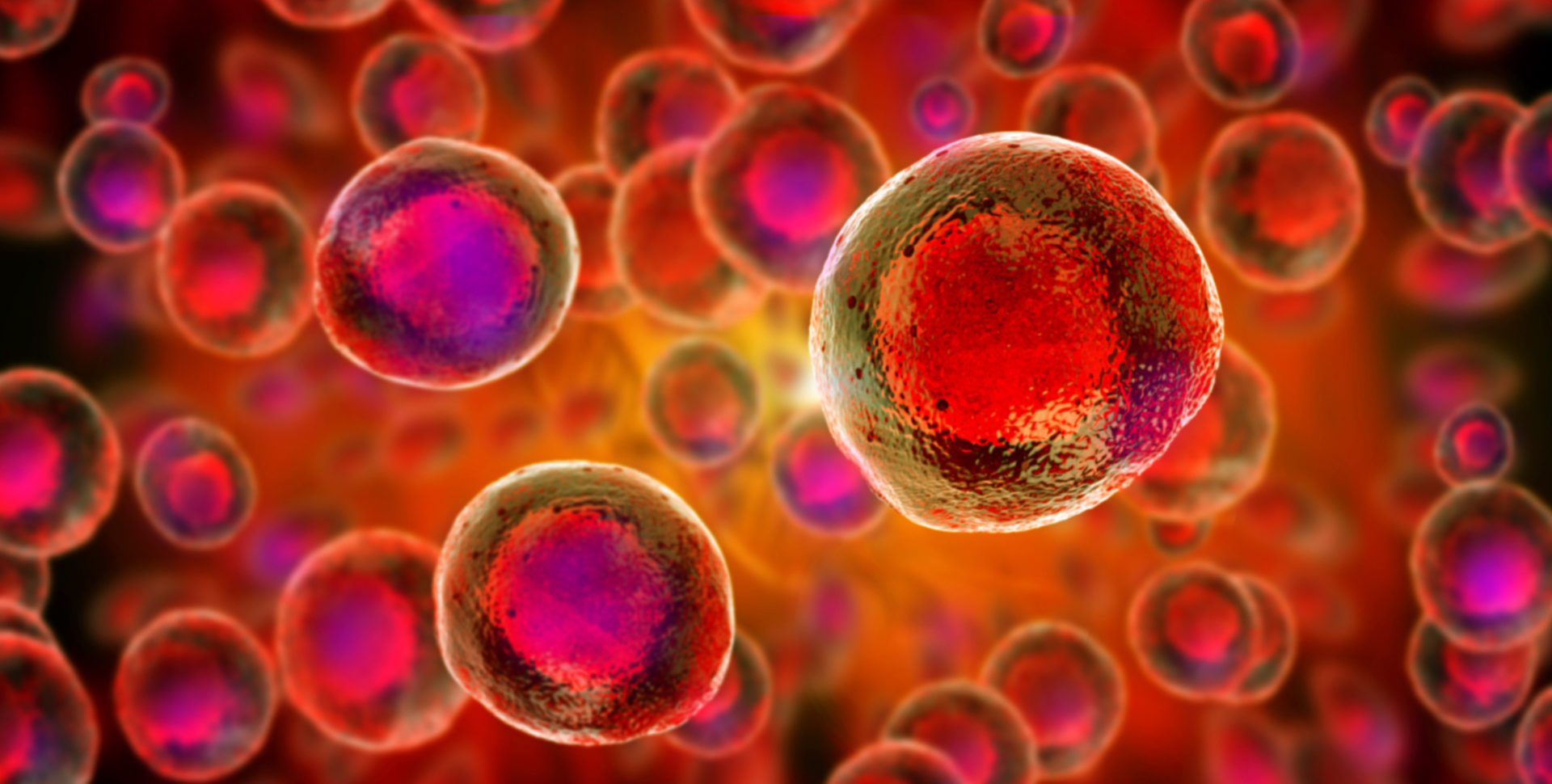
image credit- shutterstock
Japan-based GMP cell CDMO I Peace, Inc., specialising in induced pluripotent stem cells (iPSCs) and iPSC-derived cell therapies, has successfully generated iPS cell lines that are homozygous for HLA A, C, and DPA1. Two clonal lines are available for cell therapy developers and pharmaceutical companies as off-the-shelf products in both GMP and research-grade.
I Peace’s new iPSC line was generated from a healthy 26-year-old Caucasian male with an A+ blood type. This new line is homozygous for HLA A, C, and DPA1. More than 100 million people (35.91%) in the US have this HLA A haplotype.
When it comes to the transplantation of stem cells and stem cell products, HLA typing is crucial to ensure compatibility between the donor and recipient. Accurate HLA matching increases the likelihood of transplant success and helps minimize immune system rejection of the transplanted stem cells, reducing the risk of potentially life-threatening complications of graft-versus-host disease (GvHD). HLA typing is essential for identifying the most suitable donor and improving patient outcomes in stem cell transplantation.
While autologous cell therapy is the ultimate form of iPSC-derived cell therapy, such therapies are still in their infancy, and it is expected to take some more time before they are readily available to people in general. The introduction of HLA homozygous iPSC line is an important development that can help materialise allogenic cell therapy with reduced immune rejection risk to tens of millions of the U.S. population until autologous cell therapies become readily available. It can also make cell therapy available for those with congenital gene disorders. This is a huge step forward to accelerate iPS cell-derived regenerative medicine.




